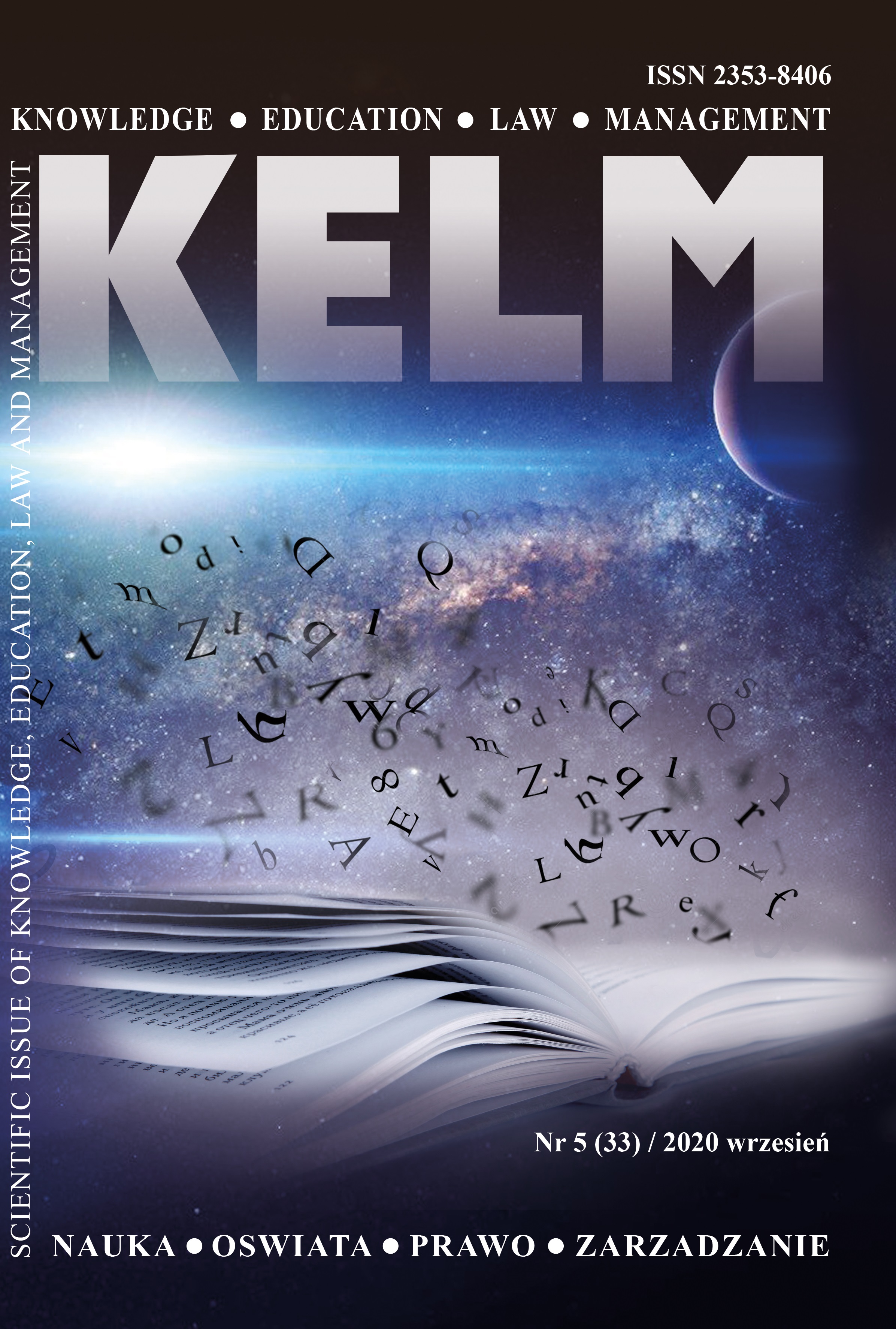Anotation. In the article the issue of using theatrical methods as a way of educating and upbringing university students is considered. The importance of including art in the nurturing process is stressed. The role of theatrical art as the tool of forming artistic-aesthetic needs and source of huge educational potential is shown. Students’ drama studio is defined as the perfect environment for combining theatrical and pedagogical worlds. The general methods of theater pedagogy combining teaching and education by means of theatrical art and their application in various types of classroom and extracurricular activities are described. Theatrical methods implementation as a means of teaching foreign language and culture in drama studio environment as well as in the classroom is regarded. The ability of theatrical art to solve urgent problems dealing with the human and professional qualities formation is proved. The significance of drama potential further investigation and use in the process of students’ socio-cultural upbringing is emphasized.
Keywords: In the article the issue of using theatrical methods as a way of educating and upbringing university students is considered. The importance of including art in the nurturing process is stressed. The role of theatrical art as the tool of forming artistic-aesthetic needs and source of huge educational potential is shown. Students’ drama studio is defined as the perfect environment for combining theatrical and pedagogical worlds. The general methods of theater pedagogy combining teaching and education by means of theatrical art and their application in various types of classroom and extracurricular activities are described. Theatrical methods implementation as a means of teaching foreign language and culture in drama studio environment as well as in the classroom is regarded. The ability of theatrical art to solve urgent problems dealing with the human and professional qualities formation is proved. The significance of drama potential further investigation and use in the process of students’ socio-cultural upbringing is emphasized.
USING THEATRICAL METHODS FOR NURTURING UNIVERSITY STUDENTS
Nataliia Barvina
Senior Lecturer at the Department of Foreign Languages and Professional CommunicationVolodymyr Dahl East Ukrainian National University (Severodonetsk, Luhansk region, Ukraine)
ORCID ID: 0000-0003-3330-3406
